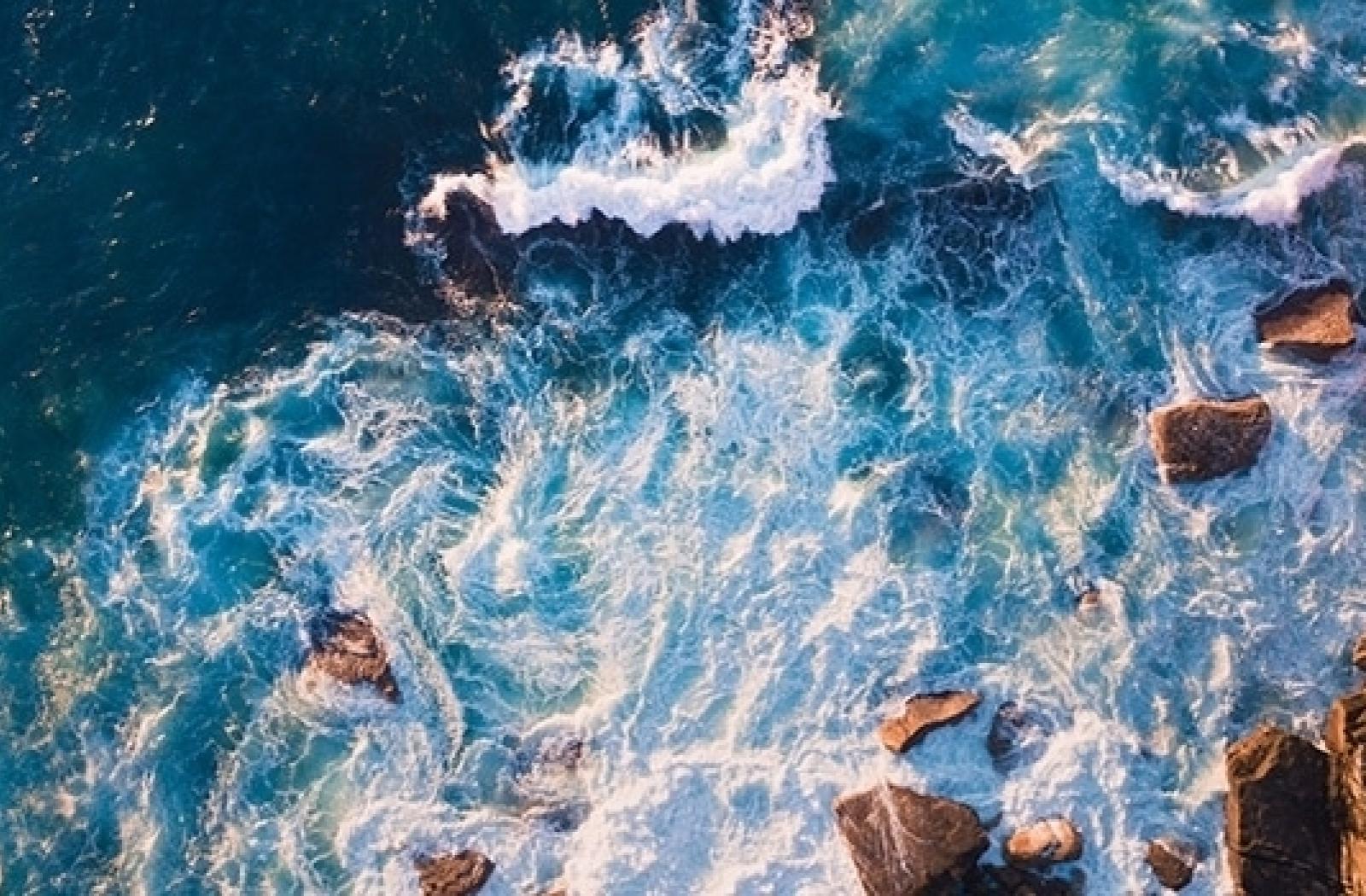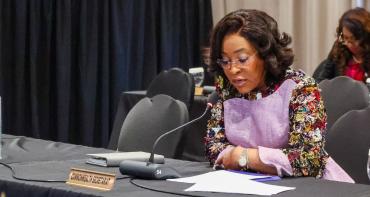The COVID-19 pandemic offers a unique opportunity to reorient priorities and reset our relationship with the ocean. Emerging from the pandemic, a global ‘blue recovery’ should focus rebuilding equitable, resilient, and sustainable blue economies, protecting ocean health as we leverage ocean wealth.

- This article first appeared in The Independent
The ocean sustains life on earth, but remains one of the most undervalued, under-researched and recklessly exploited natural wonders of the planet.
Although it generates more than half the oxygen we breathe, regulates our climate, feeds billions of people and supports 350 million jobs across the world, humans have not only taken the ocean for granted, we have actively contributed to its decline.
At present, almost a third of the world’s fish stocks are overfished, while up to 200 million tonnes of plastic waste plague the marine environment. At least half of all coral reefs have been devastated within the past 30 years, while climate change increasingly exerts tremendous pressure on ecosystems, threatening the lives and livelihoods of communities that depend on the sea.
In the Commonwealth, we are all too aware of this stark reality. Forty-seven of our 54 member countries have a coastline, including 25 small island developing states – also known as ‘Large Ocean States’- where, on average, 96% of territory is ocean, and only 4% is land. It is the Commonwealth citizens who live in these ocean-reliant economies that bear the brunt of these challenges most tangibly and urgently.
Step up action
As demonstrated by the many global commitments, the international community recognises that it needs to step up action to tackle these crises, which are even more difficult to cope with in light of the devastating impacts of the COVID-19 pandemic.
Yet support and funding for ocean action are not easy to find. Of the 17 globally-agreed Sustainable Development Goals (SDGs), the commitment on ocean conservation (SDG14) is one of the least funded. Indeed, research shows less than one percent of global development assistance and philanthropy from 2013 to 2018 was targeted at developing sustainable ocean economies.
For a natural wonder that covers 70 per cent of the planet, with a reported asset value of $24 trillion and generating an estimated $2.5 trillion per year through the global ocean economy, it is only logical that we should invest more resolutely to protect it. To help member countries, the Commonwealth Secretariat recently launched an online database to share information and support access to what limited international funding is available for ocean-related projects. But much more needs to be done.
Unique opportunity
The COVID-19 pandemic offers a unique opportunity to reorient priorities and reset our relationship with the ocean. Emerging from the pandemic, a global ‘blue recovery’ should focus rebuilding equitable, resilient, and sustainable blue economies, protecting ocean health as we leverage ocean wealth.
If we miss this window of opportunity to change our destructive approach to adopt one based on sustainability and equity, we will leave the next generation with little more than environmental destruction and resulting economic and social turmoil.
This year, as we stand at the critical juncture of multiple crises, two major summits will be key moments to bolster global discussions around a ‘blue recovery’. As world leaders gather for the UN Conference on Biodiversity (CBD-COP15) in October in Kunming, China, and the UN Climate Change Conference (UNFCCC-COP26) in November in Glasgow, UK, we must all be reminded that there is no climate nor biodiversity without the ocean. Decisions at these summits must take into account the vital role of the ocean in achieving global sustainable development, bolster commitments to ocean health, and support programmes with adequate resources to make real impact.
Beacon for multilateralism
To support this, the Commonwealth Blue Charter offers a globally unique vehicle for international cooperation to drive sustainable post-COVID ocean action through the collaboration of governments, businesses, civil society, academia and the philanthropy sector. Bringing together 54 Commonwealth countries, it is driven by the 16 champions of its ten ‘Action Groups’, committed to finding solutions to the most urgent ocean challenges locally, regionally and across the Commonwealth.
Importantly, with the Commonwealth continuing to shine brightly as a beacon for multilateralism, our member nations have come together to light the way and declare that no single country or entity can solve these issues alone. The only way to overcome the colossal challenges that face us all is to work together.



